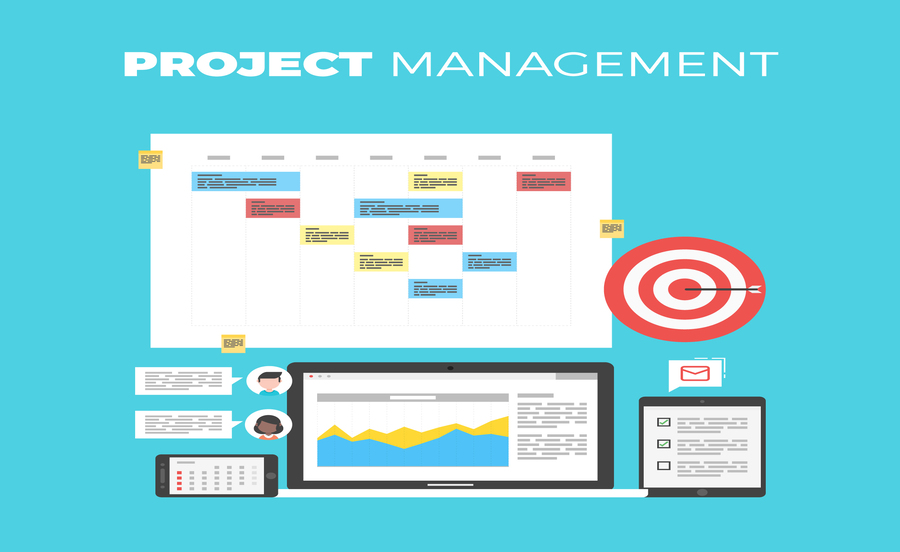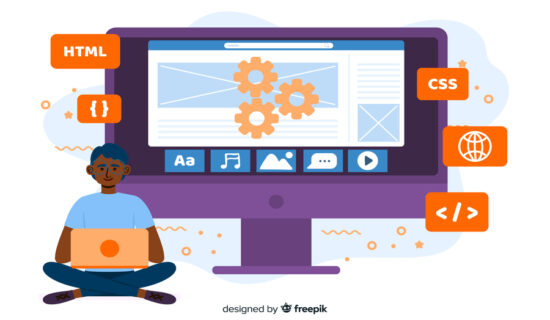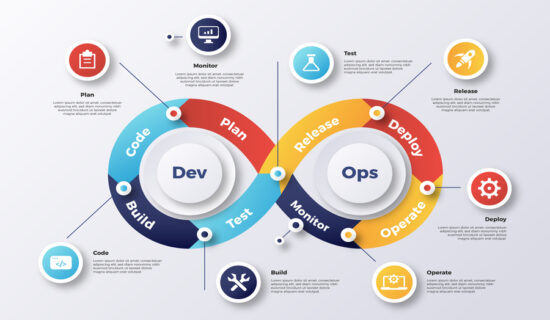
As a project manager, you face the challenge of managing diverse projects with unique requirements. One project may demand flexibility and rapid iterations, while another requires a structured approach with clear deliverables. In this guide, we’ll explore six popular project management methodology and their suitability for different project scenarios.
Understanding Project Management Methodologies
Project management methodologies are frameworks or systems used to execute projects effectively. They encompass practices, techniques, procedures, and rules tailored to specific project needs. Choosing the right methodology is crucial for project success, as it sets the foundation for how teams collaborate and execute tasks.
Factors Influencing Methodology Selection
Several factors influence the selection of a project management methodology:
- Project Budget: Allocation of financial resources.
- Timeline: Project deadlines and milestones.
- Goals: Project objectives and deliverables.
- Values: Alignment with organizational values.
- Complexity and Scale: Project intricacy and scope.
- Flexibility: Adaptability to changes in goals and timelines.
- Project Type and Industry: Industry-specific requirements.
- Team: Size, expertise, and collaborative abilities.
Six Popular Project Management Methodologies
Let’s explore six widely used project management methodologies and their ideal applications:
1. Agile: A Dynamic Approach to Collaborative Sprint Projects
Agile transcends mere methodology; it embodies a set of principles ideal for inaugurating your inaugural project. These principles are rooted in fostering flexibility and speed, enabling small teams to navigate short, swift project cycles or sprints unencumbered by impediments. These obstacles may manifest as excessive documentation, work in progress, meetings, or processes that impede progress. It’s imperative to shield the working team from these blockers to maintain focus on the task at hand. Agile teams thrive on collaboration, seamlessly tackling small tasks and adeptly adapting to an ever-evolving task list. Given its iterative nature, Agile demands flexibility in both outcomes and pathways to achievement.
2. Scrum: Rapid Evolution in Development Projects
Scrum emerges as the embodiment of Agile principles in action, offering a structured project management methodology ideal for your website overhaul project with the development team. It thrives on the concept of continuous improvement and perpetually rolling task lists. Consider the scenario of enhancing the customer journey on a website; while timelines may exist, room for improvement is perpetual, especially in the dynamic landscape of customer expectations and digital evolution. Scrum’s objective is clear: to develop, build, deliver, and sustain complex products through the orchestration of small, collaborative, and highly accountable teams engaged in iterative task lists. Key components include designated roles (product owner, development team, and scrum master), pivotal events (sprints, daily scrums, or standup meetings), and essential artifacts (product and sprint backlogs).
3. Kanban: Visualizing Progress for Agile Teams
Kanban mirrors Scrum’s Agile ethos, offering a visual product management methodology ideal for projects handled by small, flexible, and collaborative teams. Task progression is laid bare through visual representations, be it sticky notes or software interfaces like Trello. This visual orchestration, facilitated by a Kanban board, shepherds tasks from backlog inception through various stages of completion. This visual depiction not only enhances project management but also proves invaluable in tracking task status and identifying potential blockers, as exemplified in the design process of a webpage for a new line of products.
4. Lean: Maximizing Efficiency and Minimizing Waste
Lean methodology emerges as a beacon for organizations seeking transformative change, prioritizing the maximization of customer value while minimizing waste. This approach champions efficiency, curbing unnecessary spending, resource allocation, or time consumption. Originating in Japanese manufacturing, Lean methodology identifies three types of project waste: muda (eliminating non-value-adding activities), mura (streamlining processes to ensure consistent workflow), and muri (eliminating blockers hindering progress), making it an invaluable asset in delivering quality outcomes with optimized efficiency.
5. Waterfall: Sequential Precision for End-Goal Focused Projects
Waterfall methodology stands as a stalwart in project management, tracing its lineage back to the 1970s. This methodical approach entails sequential task execution, akin to a cascading waterfall, where each task follows the preceding one to achieve project completion. Emphasizing a comprehensive understanding of end goals and requisite steps, Waterfall leaves minimal room for errors or adaptability. It finds its niche in projects characterized by predictability and minimal need for on-the-fly adjustments, such as large-scale marketing endeavors with established precedents.
6. Hybrid: Blending Structure with Flexibility for Fast-Paced Projects
Hybrid methodology presents itself as a harmonious amalgamation of Agile’s flexibility and Waterfall’s structured planning. This symbiotic approach marries the agility of rapid iterations with the organizational clarity of milestone-driven planning. Hybrid methodology harnesses project requirements, task lists, deadlines, and goals as guiding beacons, leveraging flexibility in execution while adhering to a structured framework. It represents the epitome of adaptability, catering to the diverse demands of fast-paced projects with structured plans.
Applying Methodologies to Your Projects
Selecting the right methodology involves assessing project factors and aligning them with the strengths of each approach. Consider the project’s budget, timeline, complexity, and team dynamics when choosing a methodology. Additionally, leverage the strengths of each methodology to optimize project outcomes.
Conclusion: Leveraging Stintar for Project Success
In conclusion, project management methodologies play a pivotal role in project success by providing structured frameworks for execution. By understanding the characteristics and suitability of different methodologies, project managers can make informed decisions that align with project requirements and team capabilities.
For seamless project management, consider leveraging Stintar, a versatile platform that integrates various methodologies and facilitates collaboration, transparency, and efficiency. With Stintar, teams can effectively execute projects while maximizing productivity and achieving desired outcomes.
Choosing the right project management methodology is essential for project success. By evaluating project factors and selecting an appropriate methodology, project managers can navigate challenges effectively and deliver successful outcomes.

